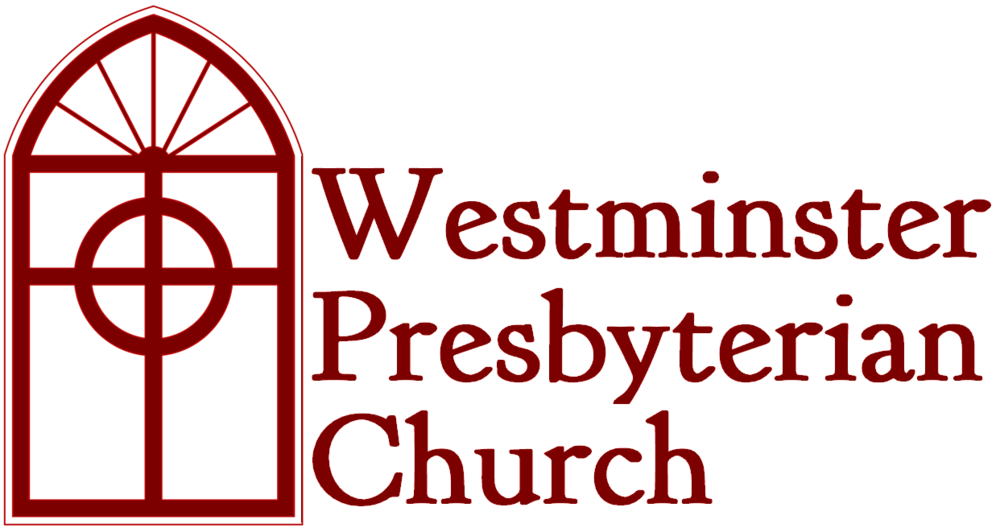In the previous blog, we began to examine three common assumptions held by many in our culture regarding religious belief. Here they are again:
1. Religious belief is more akin to feeling than fact
2. My beliefs are not religious
3. Religion should be personal and private
These assumptions fuel other, more substantive beliefs about the relationship of religion to reason and the place of religious belief in the public square. I argued that the first assumption must be baseless if the second assumption is false. Using Roy Clouser’s work, I asserted that all worldviews are religious in some sense (refer to the previous blog post to learn more). Now, let’s continue to address the second assumption, using an illustration to bolster my previous point.
In debates surrounding abortion, the pro-life movement has remained steadfast on this one point: the status of the life in the womb is most foundational to the discussion. There is a reason for this stubbornness. If the life in the womb is deserving of full personhood, then the pro-choice side loses the argument outright. The right to choice would then have to apply equally to the child in the womb as it does to the mother. As I've heard said by pro-life philosopher Scott Klusendorf, "the woman’s choice ends where another person’s life and choice begins."
Why bring all of this up? Because, the common response I hear to this pro-life position is, “not everyone believes like you do” and “well, that’s just your religious belief.” Sound familiar? But what if their objection were to cut both ways? Think of it:
Pro Choice Advocate: I don’t believe that the fetus (a term meaning young one) in the womb is deserving of full personhood. The reason being that a woman would then have to undergo unwanted limitations and burdens to bring that child to full term and delivery. It is an ugly and wicked thing to force a woman to endure such limitations and burdens.
Interested Bystander: Why is it wrong for her to undergo unwanted limitations and burdens? I have all kinds of unwanted limitation and burdens in my own life.
Pro Choice Advocate: Because of her right to unrestricted human autonomy. If she is able to free herself of unwanted limitations and burdens, no one should restrict her from doing so. I would say the same about anyone's unwanted limitations and burdens.
Interested Bystander: Well, that’s just your belief — a right to unrestricted human autonomy is a religious (based on our definition in my first blog) position held by some in the society, but not others. So why should we enforce your religious beliefs? And of course, if you’re wrong about the status of the life in the womb, you should want that same right of human autonomy applied to the child, right? You seem to want your own beliefs to be forced on others all the while assuming, not proving, a certain status of the life of the unborn.
You see, everyone is asserting beliefs or interpretations of reality. Pro-life and pro-choice advocates are in the same boat. Everybody has an interpretation of the world, a worldview. And this pro-choicer demonstrates how a so-called secular belief is actually religious. His humanist worldview holds that bodily self-governance is an unalterable, non-dependent reality. This is what Clouser meant by “divinity." I'm not debating here whether the pro-choice advocate’s professed "divinity" is real or not. My argument is that his belief in unrestricted self-governance is not justified solely by observing the physical world. It is a religious conviction.
If the pro-choicer and the pro-lifer both come to the abortion debate with basic “religious” beliefs, then the objection, "well, that's your religious belief and not everyone holds to it,” is a truism if raised by either side.
The question is, which worldview is true? What set of beliefs best explains the world around us. And, from where do you derive your religious beliefs? This leads us to the third assumption, "religion should be personal and private." I will address this last assumption in the next blog post.
Pastor Scott










